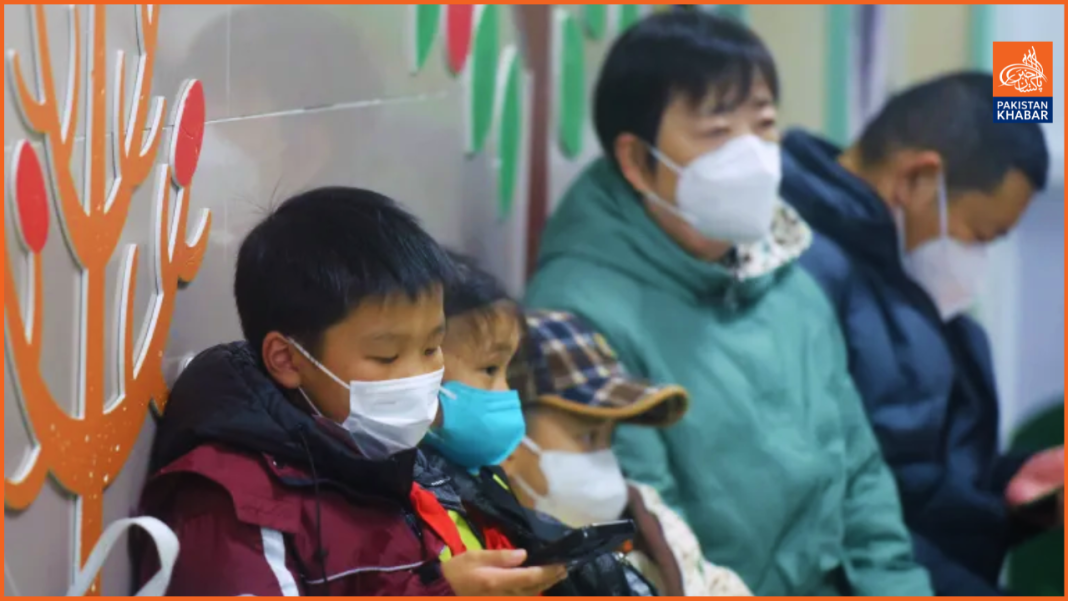Recent social media images showing hospitals in China overwhelmed with masked individuals have raised concerns about the possibility of another pandemic.
Beijing has acknowledged a rise in cases of the flu-like human metapneumovirus (HMPV), particularly among children, attributing this increase to a seasonal spike.
However, experts have pointed out that HMPV is not the same as Covid-19. The virus has been in existence for decades, with nearly every child being infected by the time they reach five years old.
That said, HMPV can cause more severe illness in very young children and those with weakened immune systems. Here’s what you should know.
What is HMPV and how does it spread? HMPV is a virus that typically causes mild upper respiratory tract infections similar to the flu. It was first identified in the Netherlands in 2001, and spreads through direct contact or when someone touches contaminated surfaces.
Symptoms usually include cough, fever, and nasal congestion. The virus primarily affects young children, particularly those under two years old, and individuals with compromised immune systems, such as the elderly or those with advanced cancer.
In rare cases, those with weakened immune systems may develop more severe symptoms, including wheezing, breathlessness, and signs of croup. Hospitalization may be required, and a small proportion could face life-threatening complications.
Why are cases rising in China? Like many respiratory infections, HMPV is most active during late winter and spring. Experts believe that cooler temperatures help the virus survive longer and facilitate its spread, as people tend to stay indoors more frequently during this time.
The current HMPV surge in northern China coincides with cold weather that is expected to last until March. Other countries in the northern hemisphere, including the US and UK, have also reported rising HMPV cases since October of last year.
Is HMPV like Covid-19? Should we be concerned? Experts have reassured that fears of a pandemic similar to Covid-19 are unfounded, emphasizing that pandemics are usually caused by new pathogens, which is not the case with HMPV.
HMPV is a well-established virus with global presence, and most people have some level of immunity from prior exposure. Nearly all children are infected with HMPV by their fifth birthday, and reinfections are common throughout life.
“I don’t think there are any indications of a serious global issue,” said Paul Hunter, a medical professor at the University of East Anglia.
However, Dr. Hsu advises taking standard precautions, such as wearing masks in crowded areas, avoiding large gatherings if you’re at higher risk, practicing good hand hygiene, and getting the flu vaccine.




